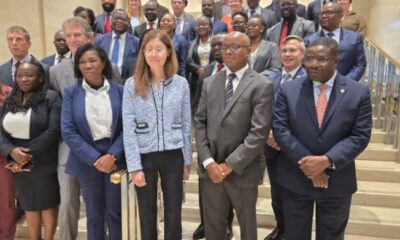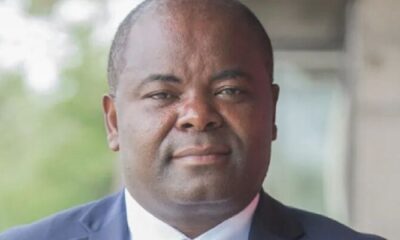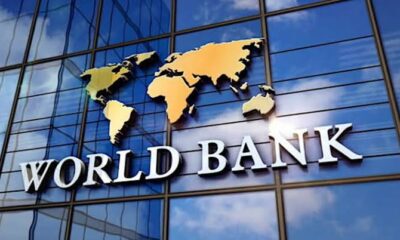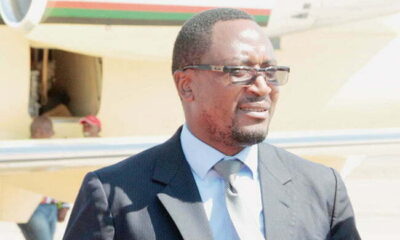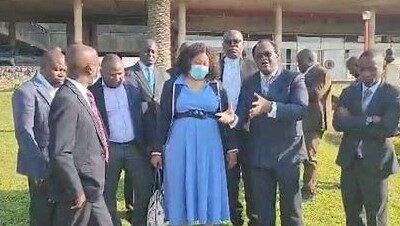In the realm of Zambian politics, the return of Edgar Lungu to the forefront has sparked discussions about his role and the potential impact on the country’s political landscape.
However, a closer examination suggests that while he may be making political noise, Lungu’s influence might be more about filling the void left by the absence of a strong opposition rather than posing a genuine political threat. The damage his regime inflicted on Zambia is too huge to be forgotten and forgiven in just a few years.
While there may be a yearning for an alternative government in the face of potential UPND total failure by 2026, the prospect of reverting to the PF regime is akin to embracing a regressive past—an analogy Zambians are understandably hesitant to entertain.
Edgar Lungu, as the former president, represents a faction eager to reclaim lost glory and political power. His return, characterized by political manoeuvring and vocal engagement, seems to be driven by a desire to capitalize on the current void in the opposition or just a sheer desire to cause political confusion and send UPND into panic. UPND must ignore Lungu at all cost and not fall for his bait, as he is a spent force who is now politically impotent to make much meaningful difference, but his political shrewdness must not be underestimated at any cost.
It is crucial to understand this dynamic not as a resurgence of a formidable political force but rather as an attempt to leverage past influence for future gain. The association between Lungu and those formerly in power raises concerns about the motivations behind this political resurgence.
it is now clear for all to see that, lungu is being influenced by many of his former appointees facing corruption charges, seeking a return to power as a means of escaping legal consequences of their past actions and as for Lungu, he is banking on the immunity granted to former president as a shield to peddle his political shenanigans at a cost of national unity and progress.
A deeper analysis unveils the potential dangers of granting the Patriotic Front (PF) another opportunity to govern Zambia. The specter of vengeance looms large, reminiscent of the Rwanda genocide, with implications that could jeopardize the peace, stability, and prosperity of the nation. The unmistakable evidence suggests that a PF return may unleash a pursuit of retribution, posing a grave threat to the well-being of Zambia.
However, the prevailing sentiment among citizens also indicates a reluctance to welcome back the PF, even in the face of discontent with the UPND.
It’s noteworthy that while there is discontent with the UPND, the sentiment toward the PF, under Lungu’s leadership, is not overwhelmingly positive. This nuance provides an opportunity for the UPND to address its inefficiencies, rectify issues causing dissatisfaction, and consolidate its position.
The year 2026, while seemingly distant, provides a critical timeframe for the UPND to implement strategic reforms. The focus should be on actively engaging with citizens, understanding their grievances, and formulating policies that resonate with their needs.
Corrections must be made to ensure that the party not only retains its current support but also attracts those disenchanted with the present political climate, including its own loyal members who are now lost, hungry, broke and suffering in the wilderness of Zambia’s current poverty.
The absence of a strong opposition doesn’t absolve the ruling party from accountability. Instead, it underscores the responsibility of the UPND to rise above the current challenges, strengthen its foundations, and emerge as a more cohesive and responsive political force.
In navigating the political terrain leading up to 2026, the UPND has an opportunity to turn the discontent into a catalyst for positive change.
By addressing internal inefficiencies, fostering transparency, and actively working to meet the expectations of the citizens, the party can not only secure its position but also fortify the democratic process in Zambia.
While Edgar Lungu’s political noise may echo in the current void, the real challenge and opportunity lie within the UPND’s ability to course-correct and address the grievances of the people.
The road to 2026 is indeed long, but with strategic corrections, the UPND can not only withstand any potential challenge but also emerge stronger and more attuned to the needs of the electorate.
The return of Edgar Lungu may be a notable presence in Zambian politics, but the real challenge and opportunity lie within the UPND’s capacity to address internal inefficiencies and respond to the concerns of the people.
Daimone Siulapwa is the Founder and Editor-in-Chief of The Voice Newspaper. He is also a political analyst, and an advocate for tribal unity and Citizen Economic Empowerment. Send your comments to dsiulapwa@gmail.com@gmail.com
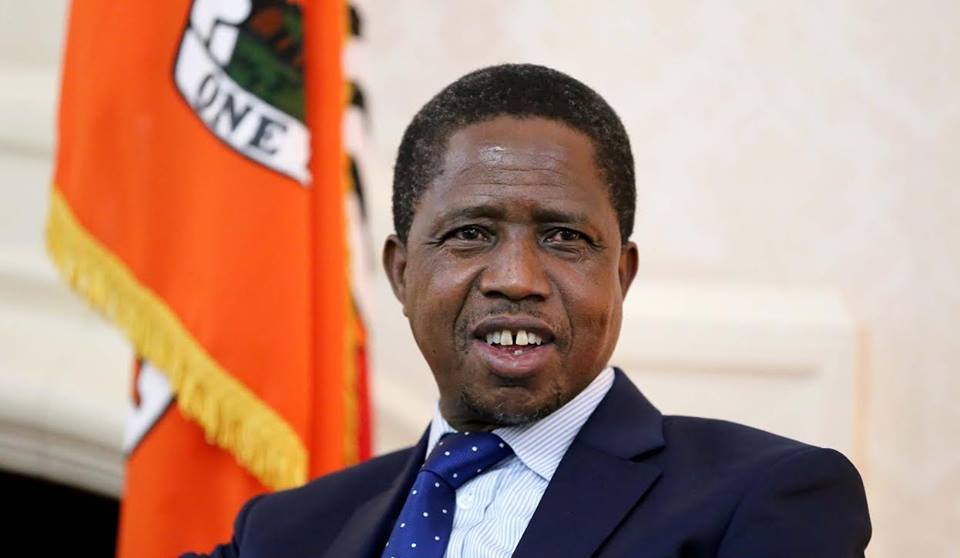

 Sports1 day ago
Sports1 day ago
 Metro1 day ago
Metro1 day ago
 Metro15 hours ago
Metro15 hours ago
 Tech1 day ago
Tech1 day ago

